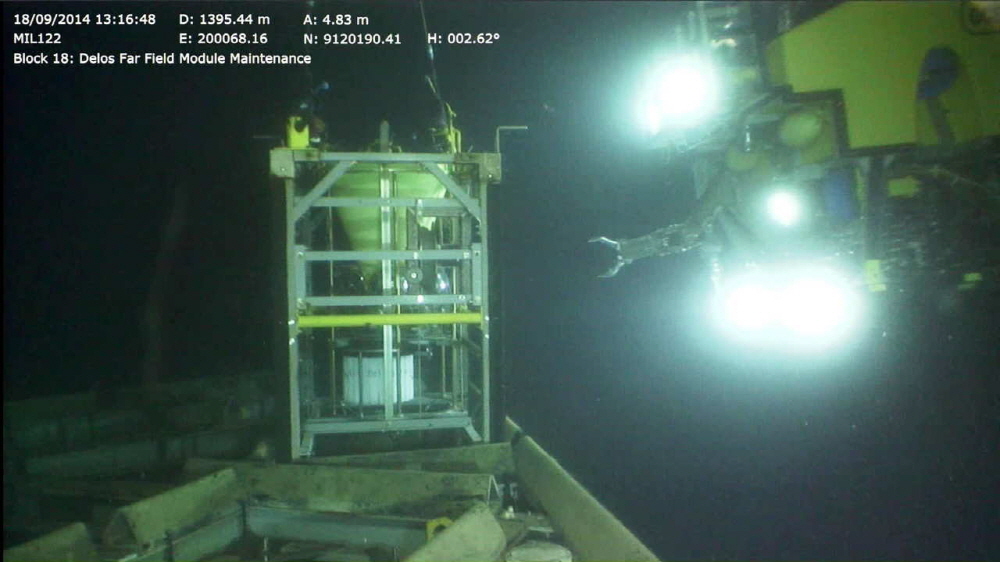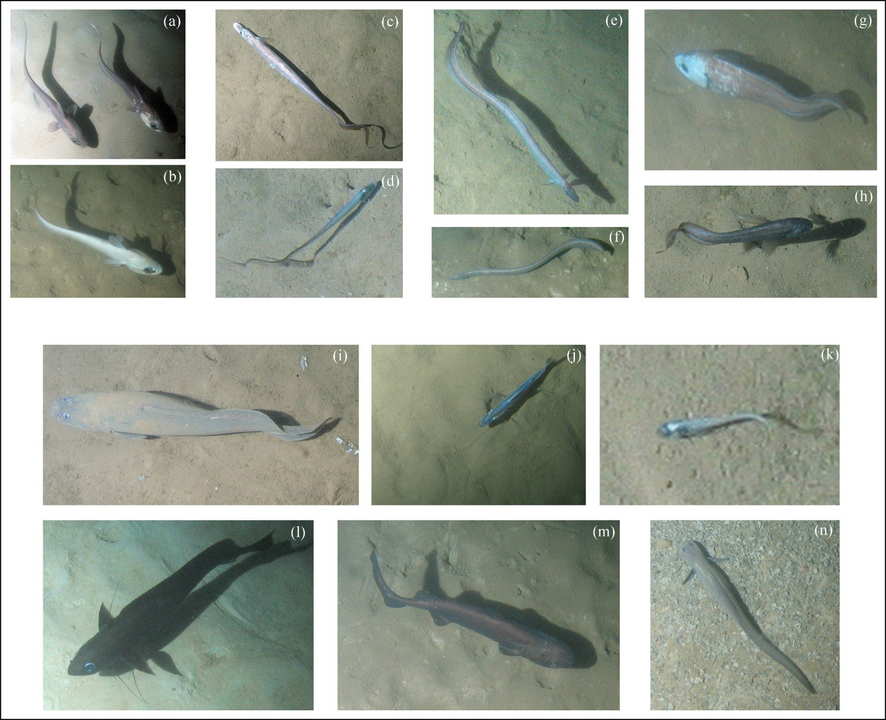
Even in the deep sea, 80% is an unexplored area of humanity. Efforts are made to understand how this natural world is being affected by oil or gas mining projects.
A paper published in the Journal of Animal Ecology found that fish migrate from season to season in oceans more than a kilometer deep from the surface of the Atlantic Ocean. The heart of the study is the deep-sea observation platform DELOS off the coast of Angola. Time-lapse photographs taken between February 2009 and July 2016 were used at both observation stations. The research team reportedly counted the number of fish in the picture for seven and a half years.
Studies have shown that there was a seasonal pattern in the amount of fish found at the two stations. One observatory is located 50m from the oil field, suggesting that changes in the number of fish may be related to the chemical energy of organic matter on the sea surface. For deep-sea fish, it is the timing of the carbon descent to the seafloor after 4 months from the peak of marine activity.
Currently, the study indicates the path of deep sea travel, but it is not known where it actually travels. The Delos platform, which is the base of the experiment, has been in operation for 25 years, and the research team continues to show a willingness to collect information on the relationship between sea surface energy and deep sea.

There are not many long-term studies in the deep sea. This situation is changing and becoming more important. Man-made influences have many effects over several months to years. Climate change also cannot affect decades to centuries earlier. Through this, we are trying to obtain longer-term data.
Of course, data is also important for measuring short-term impacts. Oil and gas companies are targeting deeper water drilling. However, scientifically not yet known how this affects deep-sea organisms. For example, the Deepwater Horizon, which excavated 1,259m in the deepest water body in 2010 for oilfield drilling, caused the largest oil spill ever due to an explosion. There is no scientific explanation for how this accident will affect long-term ecosystems.
Understanding where deep-sea fish move and where they move will play an important role in protecting organisms from destructive human activities in the future. Related information can be found here .

